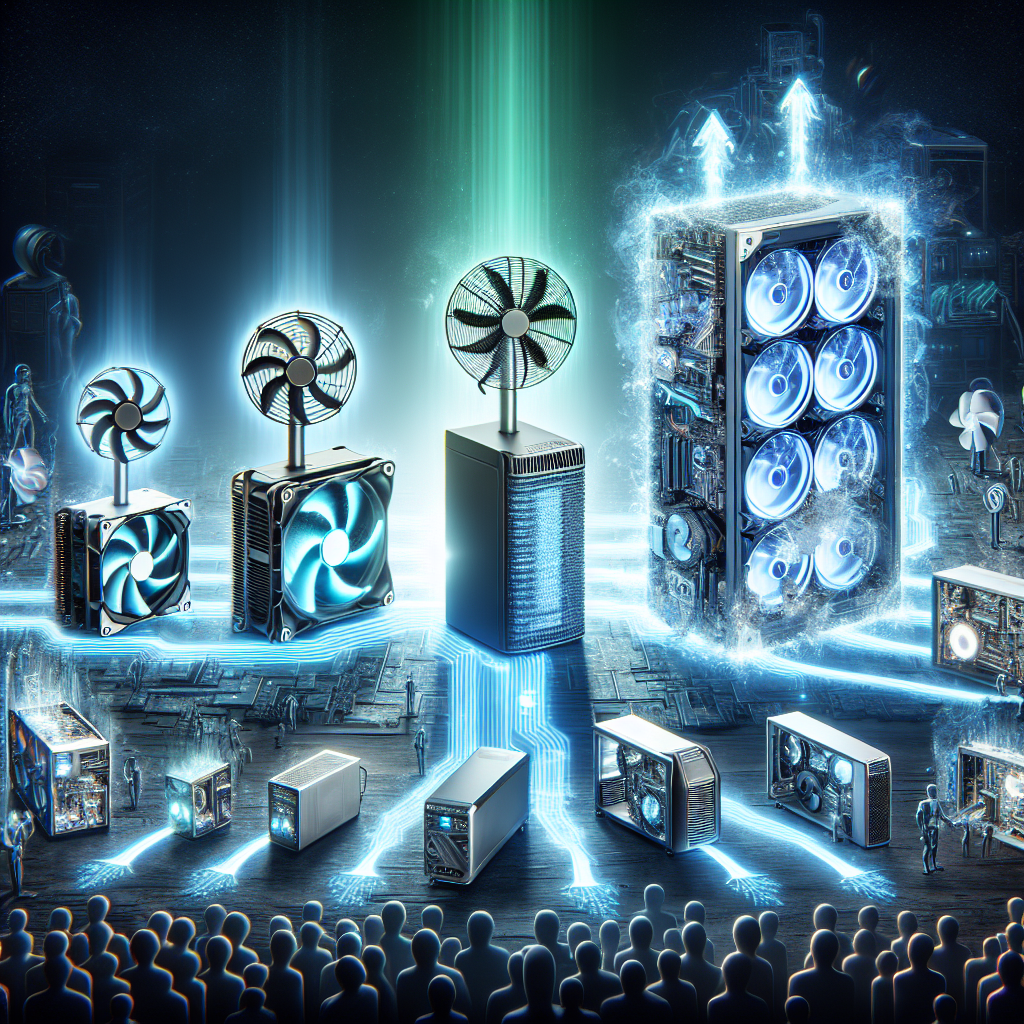In the world of gaming laptops, cooling technology has always been a crucial aspect to consider. With powerful components packed into a compact chassis, gaming laptops can generate a significant amount of heat during intense gaming sessions. To keep these laptops running smoothly and prevent overheating, manufacturers have continuously evolved their cooling solutions over the years.
One such advancement in cooling technology is Cooler Boost 5, a cooling system developed by MSI for their gaming laptops. Cooler Boost 5 utilizes dual fans and multiple heat pipes to efficiently dissipate heat and keep the laptop’s temperature in check. This system has been praised for its effectiveness in maintaining optimal performance and preventing thermal throttling, which can occur when a laptop’s components reach high temperatures and are forced to reduce their performance to prevent damage.
But as technology continues to advance, so does the need for even more advanced cooling solutions. MSI has already hinted at the development of Cooler Boost 6, which is expected to further enhance cooling performance and efficiency. With the increasing demand for more powerful and compact gaming laptops, manufacturers are constantly looking for ways to improve cooling technology to meet the needs of gamers.
One potential direction for the future of cooling technology in gaming laptops is the integration of liquid cooling systems. Liquid cooling has long been used in desktop PCs to provide superior cooling performance, and it’s possible that this technology could make its way into gaming laptops in the near future. Liquid cooling systems can offer better heat dissipation and quieter operation compared to traditional air cooling solutions, making them an attractive option for gamers looking for top-of-the-line cooling performance.
Another area of interest for the future of cooling technology is the use of advanced materials and designs to improve thermal conductivity and heat dissipation. Manufacturers are exploring new materials such as graphene and carbon nanotubes, which have excellent thermal properties that could help improve cooling performance in gaming laptops. Additionally, innovative designs such as vapor chambers and advanced heat sinks are being developed to maximize heat dissipation and keep gaming laptops running cool under heavy workloads.
Overall, the evolution of cooling technology in gaming laptops is an exciting trend to watch. As manufacturers continue to push the boundaries of what is possible, gamers can expect even better cooling solutions in the future to keep their laptops running at peak performance. With advancements like Cooler Boost 5 and the promise of even more advanced cooling systems on the horizon, the future looks bright for gaming laptops and the cooling technology that powers them.


Leave a Reply